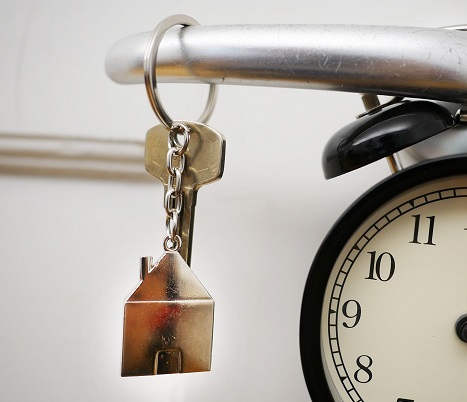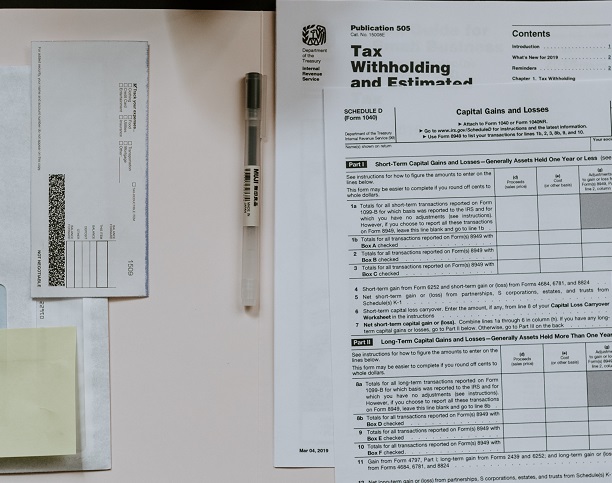4 Reasons to File Your Tax Returns Before Bankruptcy
Filing for bankruptcy is a big financial decision that requires strategic planning and careful timing. Choosing the right time to file for bankruptcy impacts the…

Filing for bankruptcy is a big financial decision that requires strategic planning and careful timing. Choosing the right time to file for bankruptcy impacts the…

Bankruptcy brings many challenges. In fact, the ramifications of this financial ordeal can often extend beyond the realm of numbers and legalities, deeply affecting individuals…

The holiday season often brings warmth, joy, and cherished moments. However, amidst the celebrations, it’s easy to get caught up in the allure of gift-giving,…

Knowing the key differences between bankruptcy vs. debt consolidation is crucial for those facing financial challenges. The legal process, impact on credit, and financial obligations…

Foreclosure is the legal process by which a mortgage lender takes possession of a property when a homeowner fails to make their mortgage payments. The…

Federal student loans are loans the U.S. Department of Education provides to help students pay for higher education. The loans are available to eligible students…

Foreclosure is the legal process that ensues when a borrower fails to make timely payments on a home loan, and the lender takes possession of…

With tax season comes an upswing of bankruptcies. This upward trend may be because federal or state taxes owed, on top of other extensive debt,…

Asset Protection As an asset protection lawyer at our firm can tell you, it’s important to protect everything you’ve worked so hard for — that…
Common Bankruptcy Questions Answered What is bankruptcy? Bankruptcy is a legal process where a debtor, which can be an individual or business, that is unable…